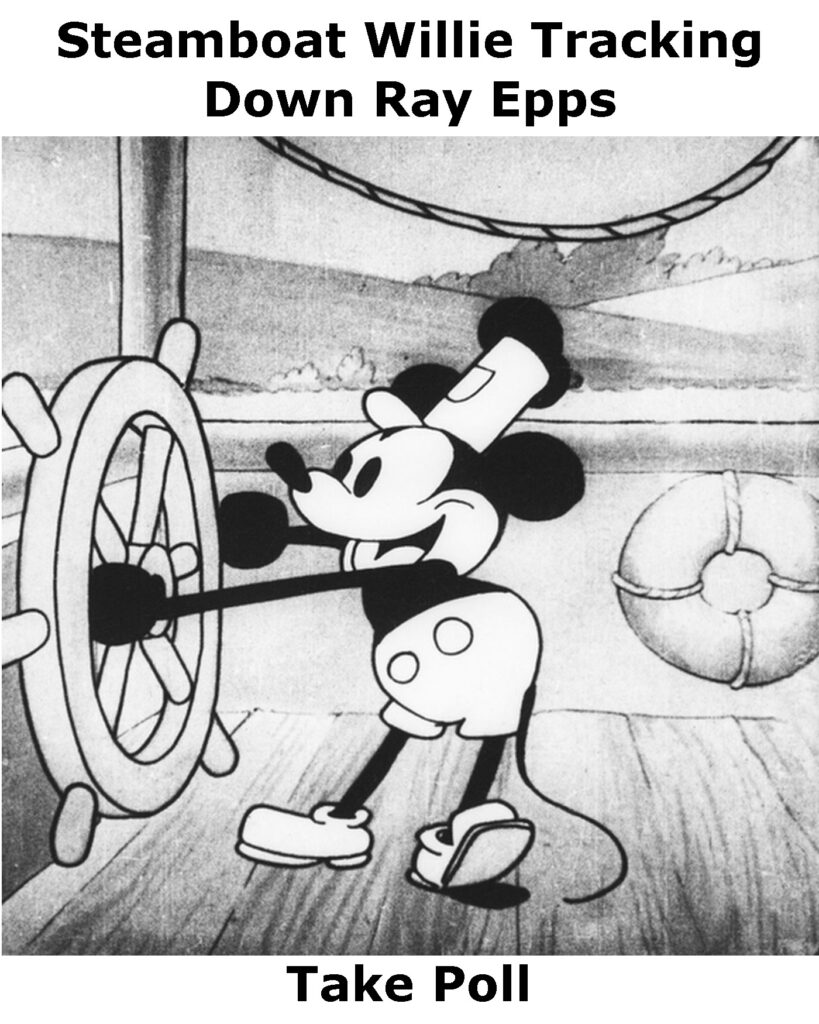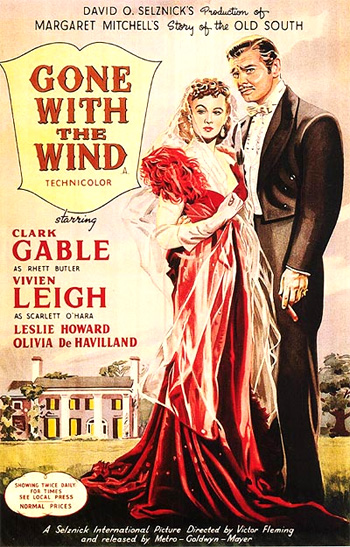Come to his Dilbert-shaped home. Bite into a Dilberito. Be persuaded on genocide, mental orgasms, and his fellow Master Wizard, the president of the United States.

In August 2015 viewers of the first Republican primary debate could be forgiven for thinking that Donald Trump was finished. “You’ve called women you don’t like fat pigs, dogs, slobs, and disgusting animals,” the moderator, Fox News anchor Megyn Kelly, said to him. “You once told a ‘Celebrity Apprentice’ it would be a pretty picture to see her on her knees. Does that sound to you like the temperament of a man we should elect as president?” Trump didn’t act contrite, or statesmanlike, as conventional candidates might have done. Instead, he interrupted Kelly with another nasty dig, about Rosie O’Donnell, and volunteered that he’d probably insulted others, too. Many pundits proclaimed that the response cemented Trump’s unelectability.
Scott Adams, the millionaire creator of the office-humor comic strip Dilbert, saw something different. In that moment, he realized that Trump might be a kindred spirit—a fellow “Master Wizard,” Adams’s term for experts in hypnosis and persuasion. Watching the debate alone at home, he grew excited. “I really got out of my chair and said, ‘Whoa, there’s something happening here that’s not like regular politics,’?” Adams recalled. As he saw it, Trump had deftly defanged Kelly’s accusations by replacing them with a powerful visual: the iconic O’Donnell, “who is very unpopular among his base,” Adams said. “It was the most brilliant thing I’ve ever seen.” A week later, he published a blog post titled “Clown Genius.”
[…]















